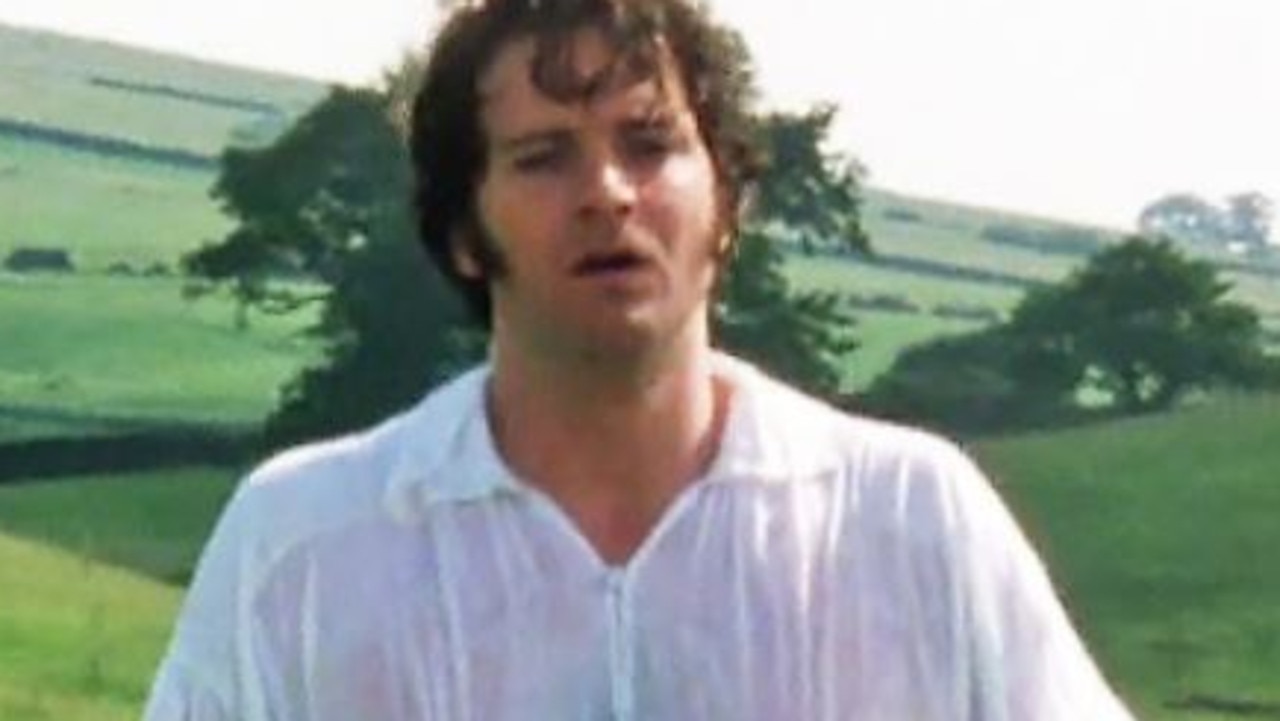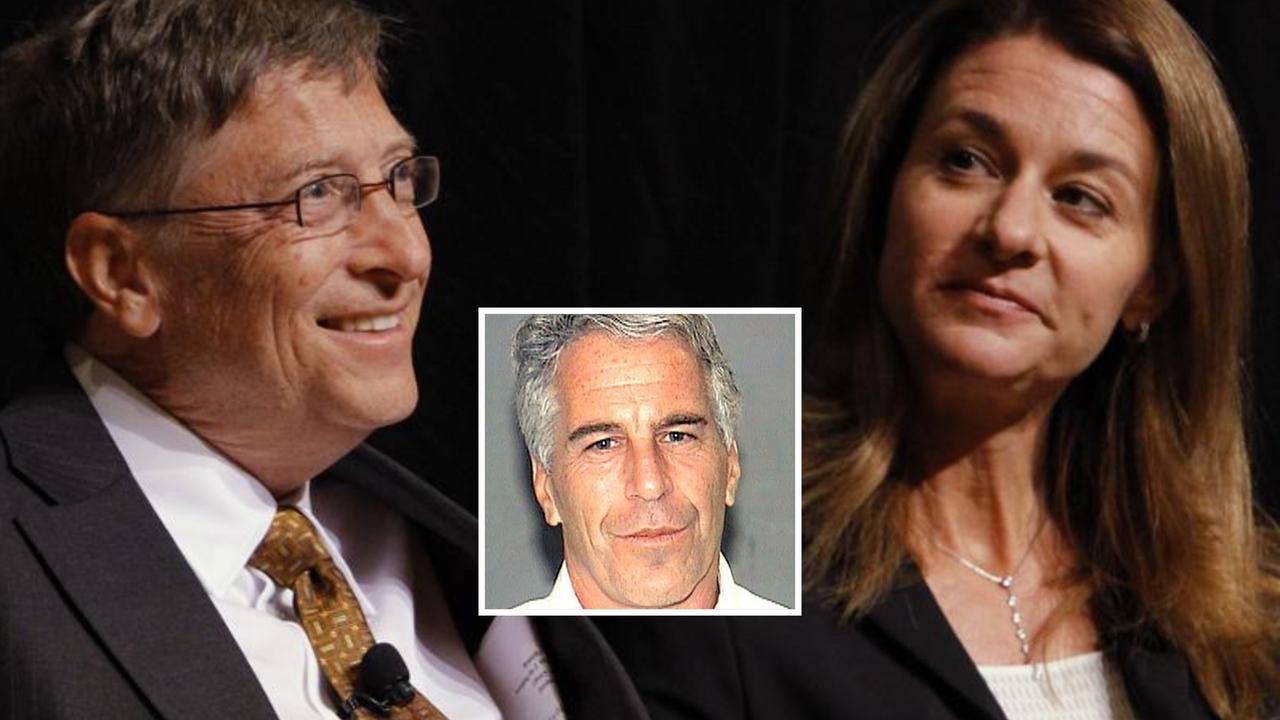Exclusive: Kathleen Folbigg’s own lawyer thought she was guilty – and the hidden ‘maybe I killed the kids’ remark by her husband
Kathleen Folbigg’s defence lawyer revealed his private views about her guilt in a startling conversation – while her husband’s remarks about the deaths of their children were suppressed.
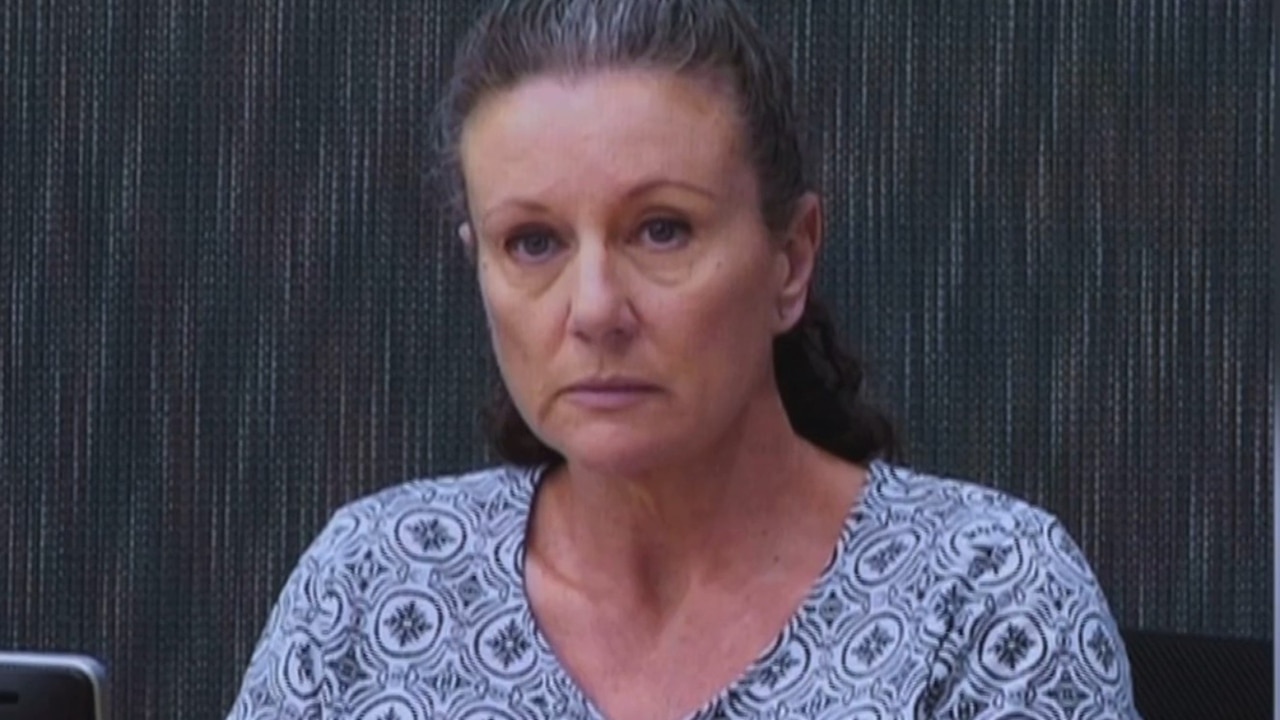
Books
Don't miss out on the headlines from Books. Followed categories will be added to My News.
Stunning new revelations have emerged about the case of Kathleen Folbigg – once dubbed Australia’s “worst female serial killer” – following her acquittal for smothering all four of her children.
Kathy’s husband Craig, it can be revealed, once told her – in a conversation secretly recorded by the police – that “Maybe I killed the kids.”
And in a separate development, her defence lawyer let slip his own feelings about Kathy after her conviction.
At Kathy’s trial in 2003, the full transcript of the conversation with Craig was never given to the jury, and the conversation was subsequently suppressed by a judge and hidden from public view at an inquiry into her convictions in 2019.
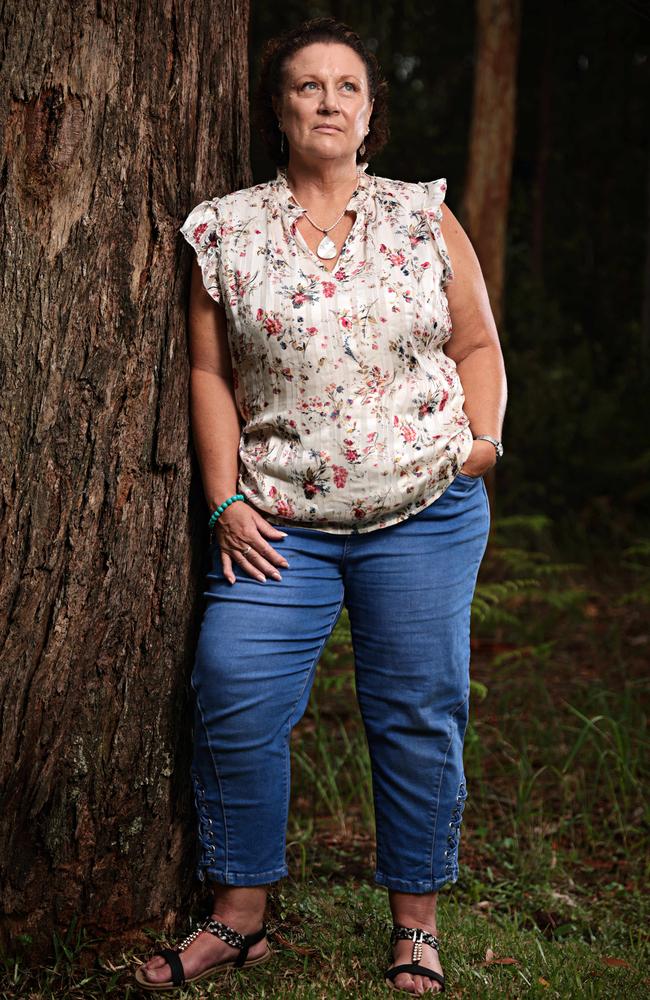
The full text of the conversation only emerged much later, and is examined in my new book, Meadow’s Law, which will be published next week.
Kathy and Craig’s four children – Caleb, Patrick, Sarah and Laura – lived and died between 1989 and 1999. A police investigation was launched following Laura’s death in March 1999. Four months later, in July 1999, the police secretly recorded a conversation at the couple’s home at Newcastle, NSW, in which Craig told his wife: “All night I’ve been thinking, maybe I killed the kids.”
Kathy, shocked by this remark, asked her husband: “Why?” to which, in reference to the police, he replied, “Why can’t they think that?” Kathy, reflecting the suspicions held by detectives at the time, replied: “The problem was, I found them all.”
In this astonishing conversation, Craig went on to explain in detail how he could have killed Caleb, Sarah and Laura, and attempted to kill Patrick too – and the motive he could have had for doing so.
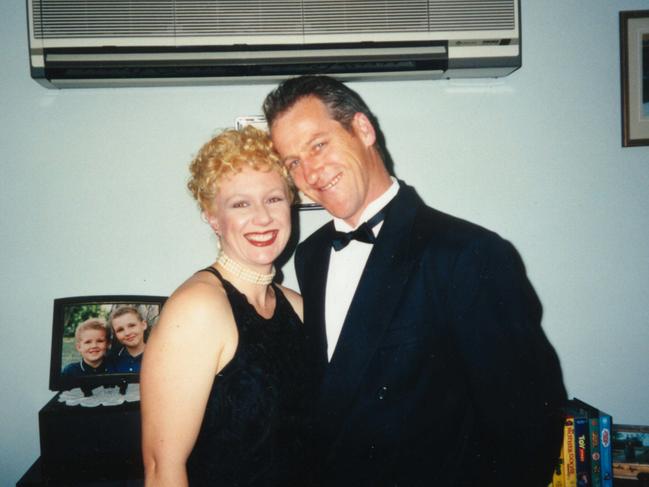
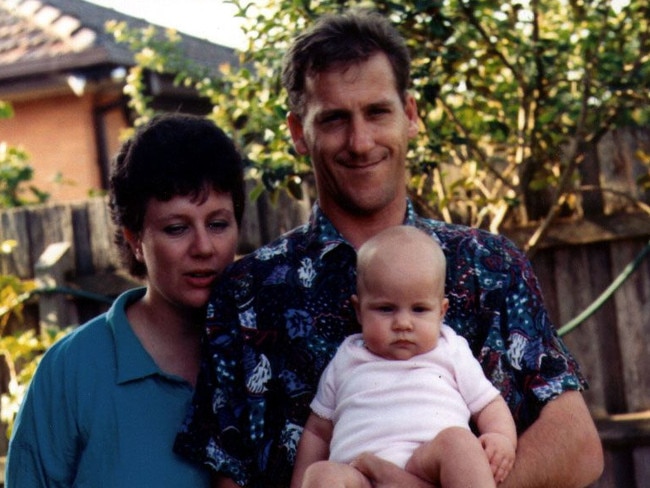
Craig: ‘Every time we’ve had a kid … that’s, ah, driven a wedge between us and the best solution for me to get your attention and … back is … the kids. And how do I do it? You’re asleep, I get up, I kill Caleb …
Kathy: ‘…’
Craig: ‘Hold on a minute, hold on a minute, hold on a minute, can you hear me out? Alright, so I get up and I kill Caleb, because the next person to find him would be you, alright? Sarah, you’re out of the room, I wake up, I admit that I wake up at one o’clock, I kill her in her sleep while you’re out of the room.’
Kathy: ‘…’
Craig: ‘Doesn’t take long to kill ’em. Patrick, when he was three months old, I go into his room, I try to kill him, but … I didn’t do a good enough job … but Patrick died epileptic … during the day while you were nursing, cause you battled so hard to keep him. And Laura, Laura is … relationship problems … I came up while youse home, you were outside. I came in the front door; you have no idea I’m here … Who had anything to gain out of them not being around? Me …’
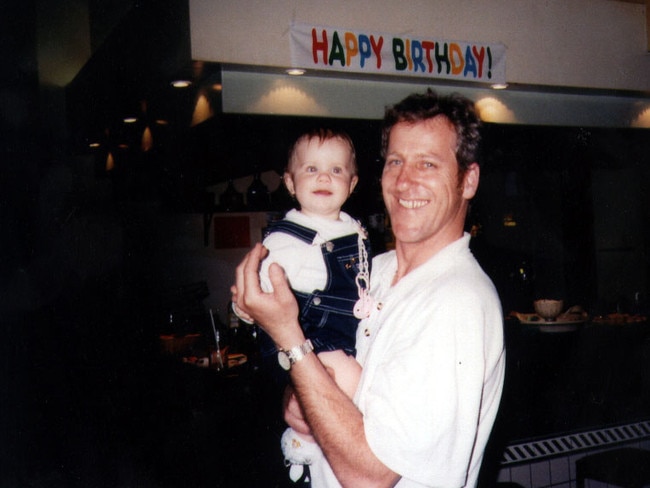
The transcript of the secretly recorded conversation shows that Kathy dismissed her husband’s scenario as being ridiculous, but Craig retorted: “It’s not ridiculous. It’s as feasible as what they’re trying [to] say about you.”
He added: “The only person that had anything to gain out [of ] them children not being with us at any given time was me, so what did I gain? You…”. Craig was not admitting to any crime but merely raising the scenario as a way of illustrating the absurdity of the theory that his wife had committed murder.
A further passage of conversation at this point was reported in the transcript as being inaudible. Craig, it can be assumed, was acknowledging that what he had said up to that point wasn’t fact – it was entirely hypothetical. And, that he would never, ever have harmed the children. He told Kathy: “Well, you know why; because I was so in love with them.”
At Kathy’s trial in 2003, neither the prosecution nor the defence was prepared to argue that Craig’s scenario was anything other than fantasy.
Siding with the prosecution on this point, Kathy’s senior counsel, Peter Zahra SC, conceded in open court, surprisingly, that Craig’s version of what could have occurred was “preposterous”.
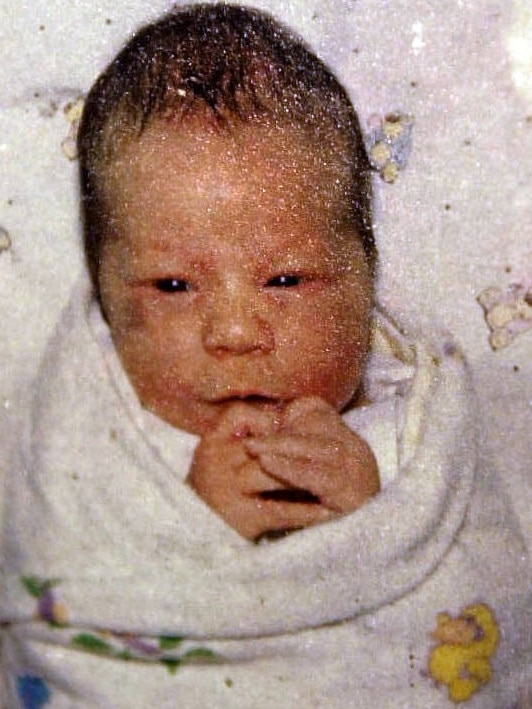
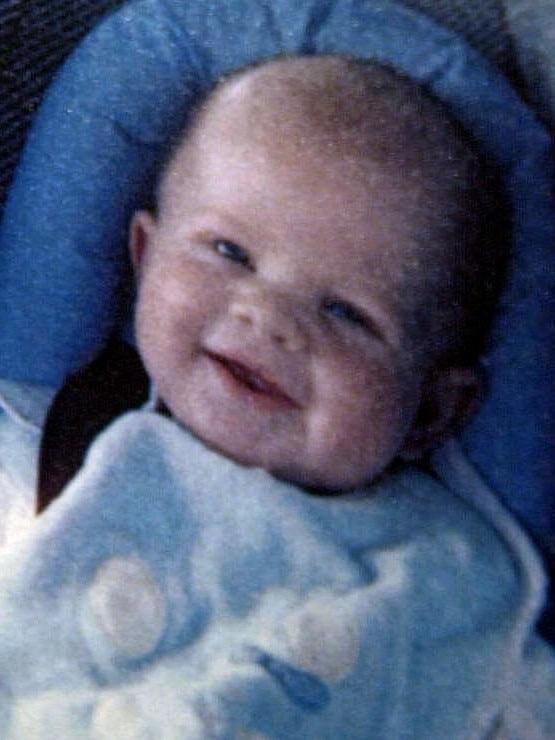
Following legal arguments, Mr Zahra was allowed to cross-examine Craig about one short extract from the conversation, relating to Sarah’s death, but was not permitted to ask him about his remark, “Maybe I killed the kids,” and when an inquiry took place into Kathy’s convictions in 2019, the transcript laying out Craig’s scenario was hidden from public view and never explored.
The non-publication order was only lifted much later, when a second inquiry took place.
That inquiry found that there was reasonable doubt surrounding Kathy’s convictions, based in part on fresh genetic evidence suggesting that a cardiac genetic mutation had triggered the deaths of Kathy’s two daughters, Sarah and Laura.
Her convictions were later quashed by the NSW Court of Criminal Appeal. In March 2024, Craig Folbigg died suddenly and unexpectedly after suffering a heart attack. He had been diagnosed with cancer a few months earlier. A statement released on the family’s behalf said that Craig “never stopped believing his children had been murdered.”
‘YOU WOULD HAVE NO DOUBTS’
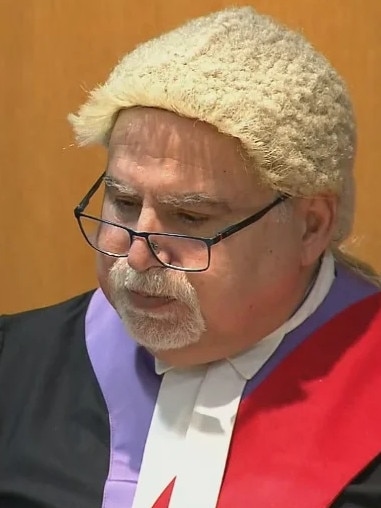
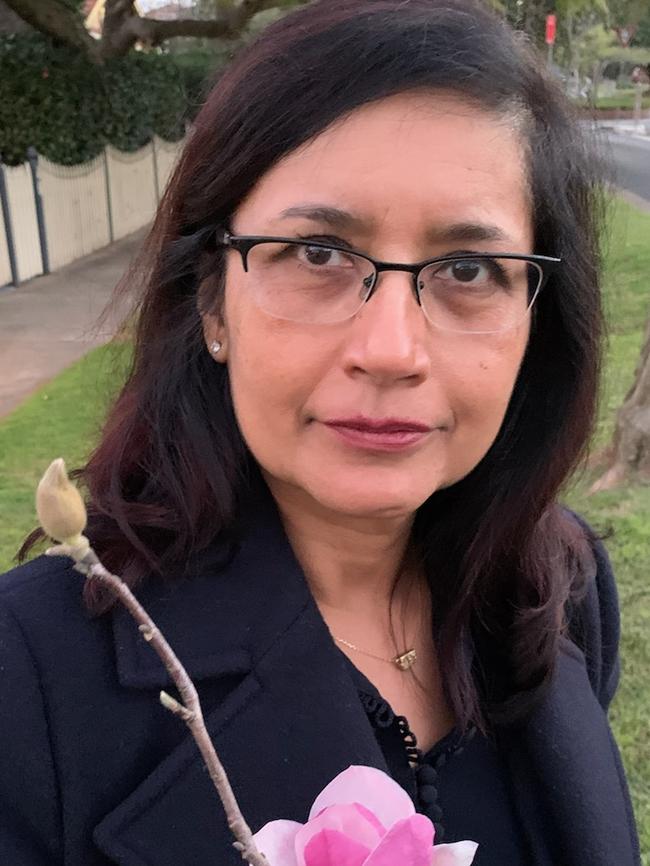
This isn’t the only revelation which has been thrown up by my research for Meadow’s Law.
At Kathy’s trial, the jury was told that entries she had written in her diaries were virtual admissions of guilt. The clinical psychologist Dr Sharmila Betts is one expert who rejects this interpretation, and in a conversation I had with her, she revealed a private comment which was made to her by the senior public defender acting for Kathy at her trial, Peter Zahra, and which, until now has never been made public.
Mr Zahra, who later became a judge, died suddenly from a stroke in May 2022.
Dr Betts said that sometime after Kathy’s conviction, she was introduced to Mr Zahra at a Law Society event. She told him, assuming he would agree, that in her opinion, Kathy’s conviction was a “tremendous injustice, and a wrongful conviction.
“And,” she added, “he looked down at me, over the top of his glasses, and he said, ‘You would have no doubts if you had read the diaries.’ And he walked off.”
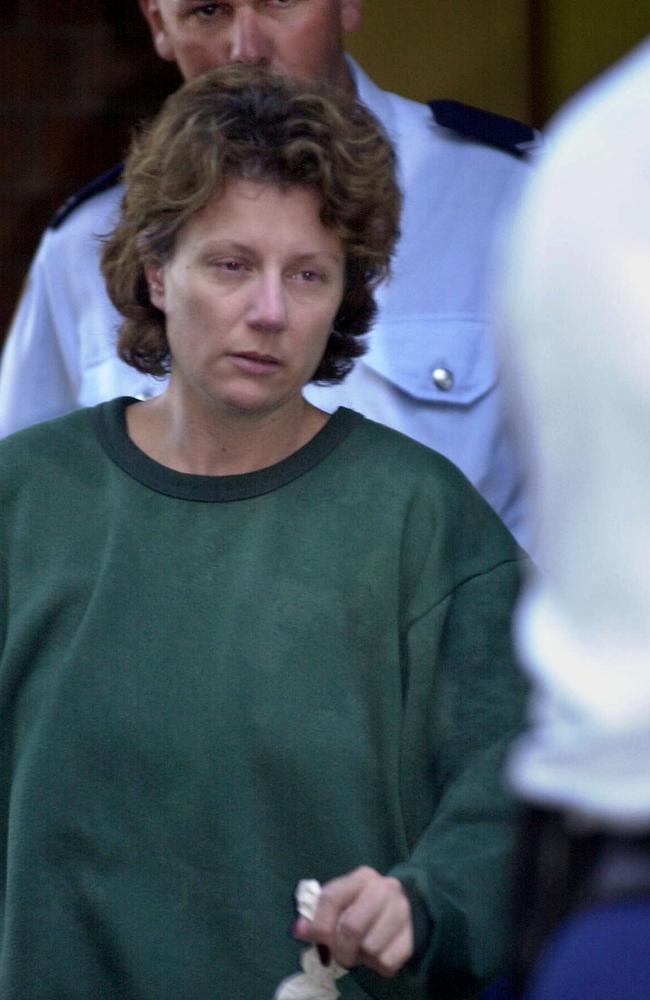
Kathy’s diaries, almost certainly, played a large part in the jury’s decision to convict her. But no psychiatrists or psychologists were called by Mr Zahra to offer an alternative explanation for the entries she had written, and Mr Zahra’s apparent view that the diaries were incriminating, may go some way to explain why this never happened.
It would take another 20 years while Kathy was behind bars, for the second inquiry into her convictions to consider the opinions of eleven psychiatric and psychological experts, all of whom suggested that in fact, her diary entries were not admissions of guilt, but were, on the contrary, innocent expressions of the guilt and self-blame that any mother who had lost a child would feel.
Only after this expert evidence was presented did the Commissioner, Tom Bathurst, and three judges at the Court of Criminal Appeal all agree that the entries written by Kathy in her diaries “were not reliable admissions of guilt.”
TOMORROW: READ AN EXCLUSIVE EXTRACT FROM MEADOW’S LAW
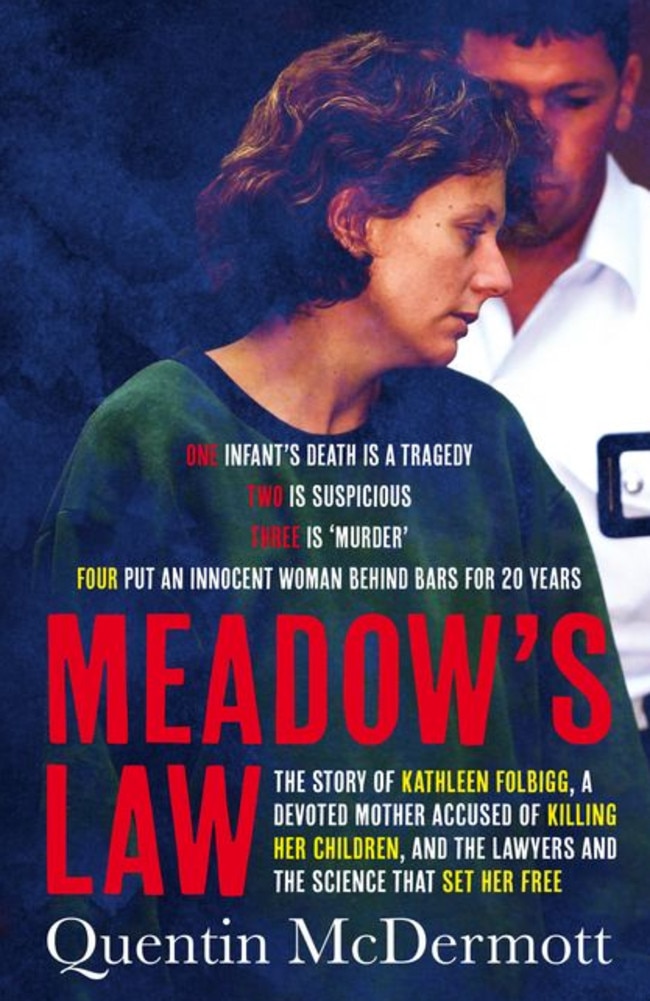
Meadow’s Law: The true story of Kathleen Folbigg and the science that set her free was written by journalist Quentin McDermott, who has covered the case for years. It will be published by HarperCollins on February 12.
More Coverage
Originally published as Exclusive: Kathleen Folbigg’s own lawyer thought she was guilty – and the hidden ‘maybe I killed the kids’ remark by her husband



